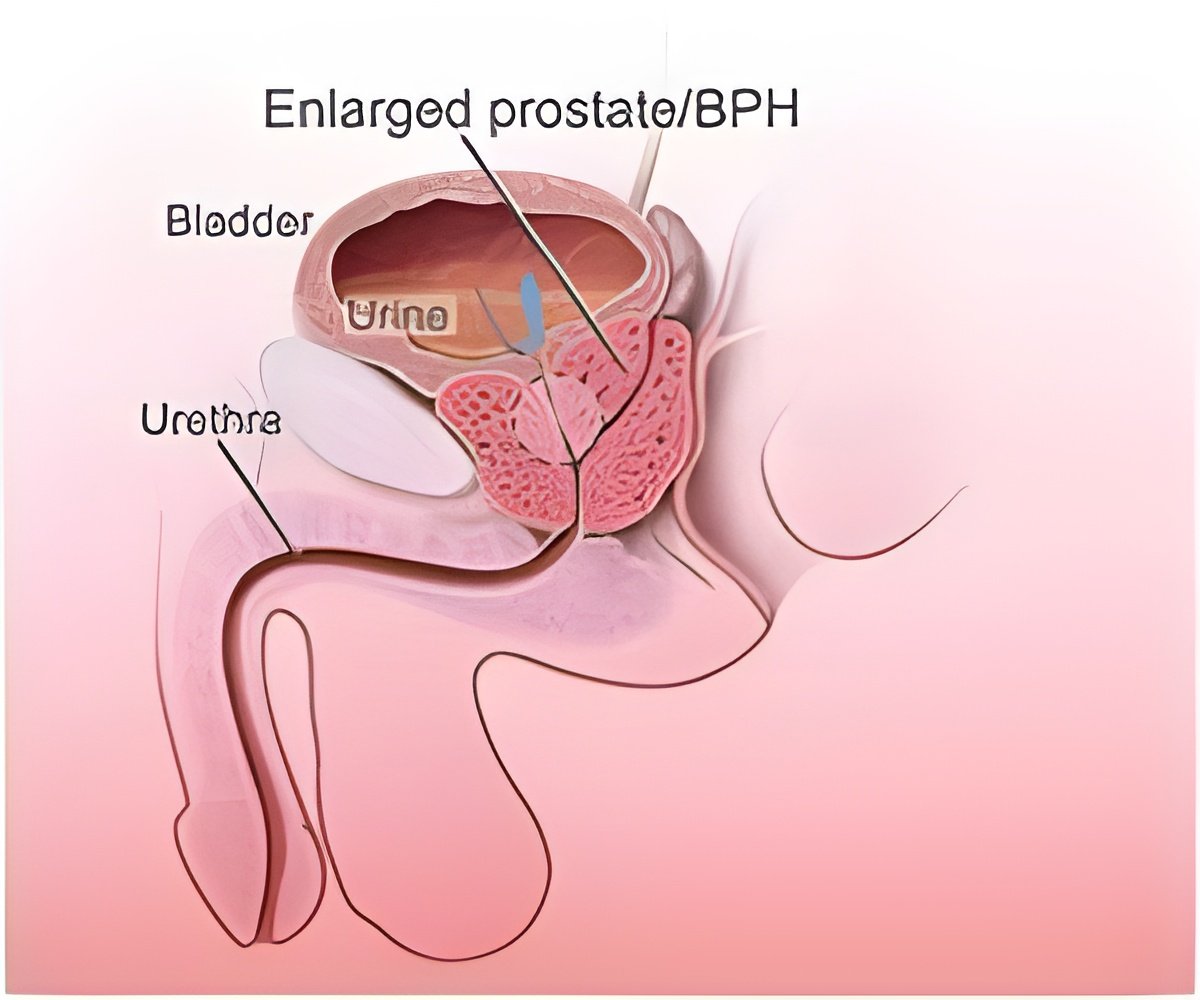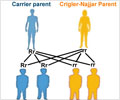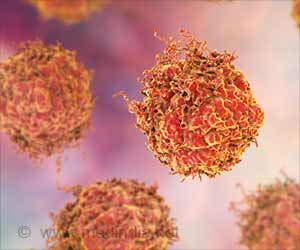Austrian researchers have uncovered mutations throughout the mitochondrial genome that are associated with prostate cancer.

Recognizing the important role mtDNA mutations have been found to play in development and progression of many types of cancer, Dr. Kloss-Brandstätter and colleagues set out to sequence the entire mitochondrial genome in 30 prostate cancer patients. "The influence of mtDNA on the origin and progression of prostate cancer is still not understood, leaving much to be discovered," says Dr. Kloss-Brandstätter. The group used a high-quality sequencing approach to detect differences in mtDNA sequence between cancerous and noncancerous tissue from the same 30 men. "It is the first study targeting the entire mitochondrial genome in prostate cancer and benign tissue from the same patient with a superior sequencing strategy," notes Dr. Kloss-Brandstätter.
By examining both the frequency and types of somatic mtDNA mutations in prostate cancer patients, Dr. Kloss-Brandstätter and colleagues were able to identify several genetic changes having clinical significance. They suggest that, "sequencing of selected mitochondrial regions will likely result in a mutation spectrum useful for prognosis." Perhaps the most striking finding of the study is the association between somatic tRNA mutations and PSA levels at diagnosis. "Patients with a somatic tRNA mutation had a significantly higher PSA value at diagnosis than did patients without a somatic tRNA mutation," explains Dr. Kloss-Brandstätter. "These findings will potentially help others monitor malignant transformation, tumor progression, and metastasis," she says.
Source-Eurekalert


![Prostate Specific Antigen [PSA] & Prostate Cancer Diagnosis Prostate Specific Antigen [PSA] & Prostate Cancer Diagnosis](https://images.medindia.net/patientinfo/120_100/prostate-specific-antigen.jpg)











